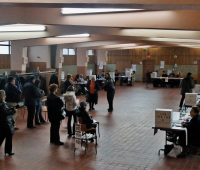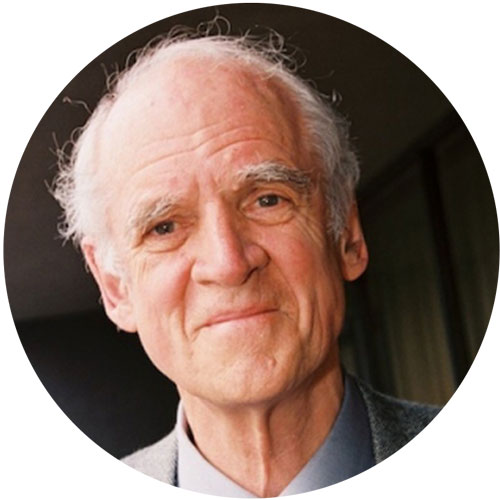Armin Schäfer reflects on what populism’s rise in Europe and the United States implies for how we view social class as a basis for voting and political partisanship. Drawing on recent studies, Schäfer shows growing disaffection among the working classes in established democracies concerning their sense of their ability to influence the policy decisions that affect them. Other research provides some evidence that the working class perceives their lack of political efficacy correctly—governing institutions respond far more to the preferences of the wealthy. In such a context, populist anger points to genuine democratic deficits.




























